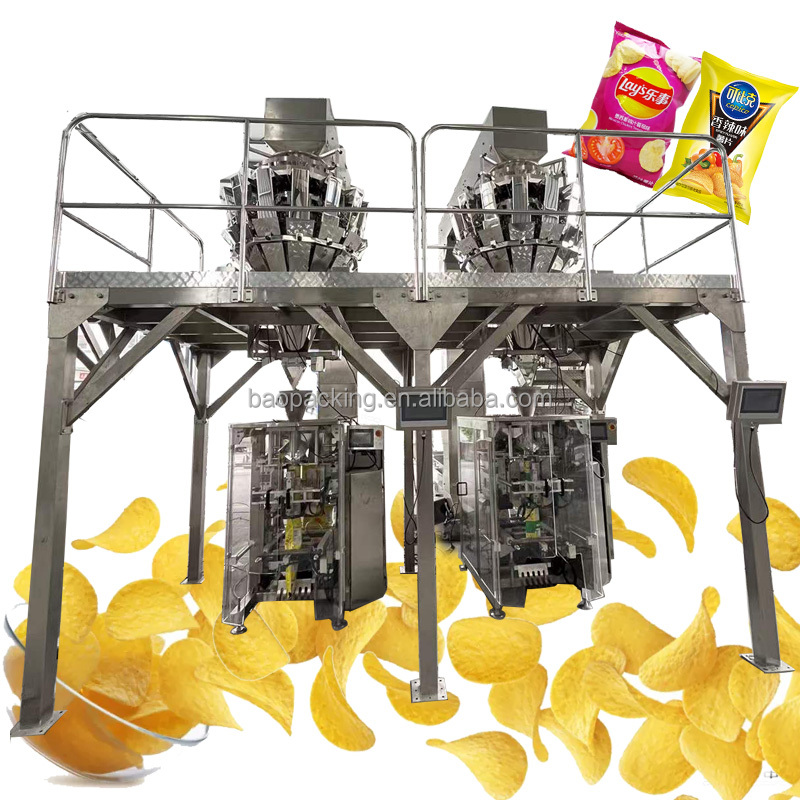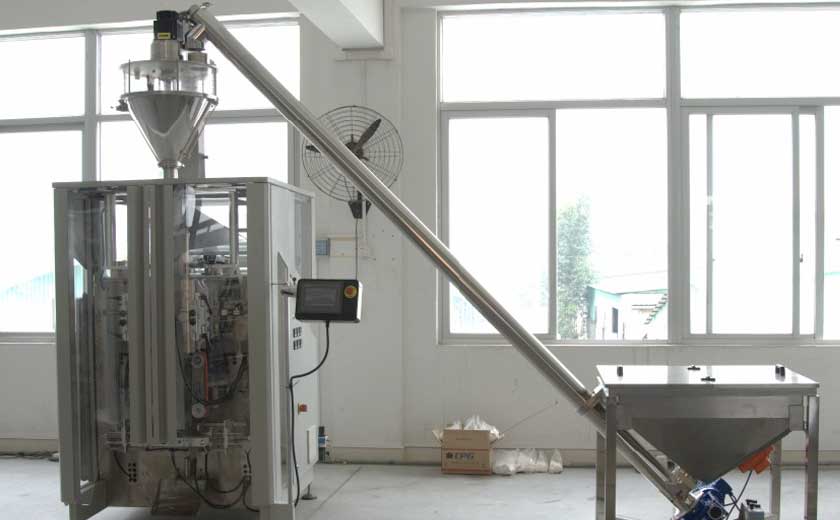What Are the Environmental Benefits of Tomato Paste Packaging Machines?
In the pursuit of sustainability, the food industry is constantly seeking innovative solutions to minimize its environmental impact. One often overlooked aspect lies in packaging, which plays a crucial role in reducing food waste and preserving product quality. Tomato paste, a widely consumed staple, is no exception.
Tomato paste, a concentrated form of tomatoes, is commonly packed in metal cans or glass jars. However, these traditional packaging methods have significant environmental disadvantages. Metal cans contribute to landfill waste and require energy-intensive recycling processes, while glass jars are heavy, fragile, and prone to breakage during transportation.
Enter the game-changing tomato paste packaging machine. These advanced machines revolutionize the industry by offering sustainable and efficient packaging solutions. Let’s delve into the environmental benefits they provide:
Reduced Material Consumption
Tomato paste packaging machines employ flexible packaging materials, such as plastic pouches and laminated films. These materials are significantly lighter and thinner than traditional cans or jars, reducing the overall amount of material used in packaging. By eliminating unnecessary packaging weight, these machines contribute to reduced landfill waste and lower transportation emissions.
Enhanced Recyclability
The flexible packaging materials used by tomato paste packaging machines are highly recyclable. Unlike metal and glass, which often end up in landfills, these materials can be easily sorted and recycled into new products, such as plastic bags, bottles, and containers. By promoting recycling, these machines contribute to a more circular economy and reduce the accumulation of packaging waste.
Reduced Energy Consumption
The manufacturing process of metal cans and glass jars requires substantial amounts of energy, including for heating, molding, and sterilization. Tomato paste packaging machines, on the other hand, utilize innovative technologies that significantly reduce energy consumption. The use of lightweight, flexible materials also lowers energy requirements for transportation, distribution, and storage.
Extended Shelf Life
Tomato paste packaging machines incorporate advanced sealing and barrier technologies that protect the product from external environmental factors, such as moisture, oxygen, and light. These measures ensure an extended shelf life for tomato paste, reducing food waste and the need for frequent replacements. By extending product longevity, these machines contribute to consumer satisfaction and reduce overall environmental impact.
Tomato paste packaging machines play a vital role in promoting sustainability in the food industry. By reducing material consumption, enhancing recyclability, minimizing energy consumption, and extending shelf life, these machines help preserve our planet’s resources and create a more sustainable future. As the demand for environmentally friendly packaging solutions continues to grow, tomato paste packaging machines will undoubtedly emerge as indispensable tools in the fight against packaging waste and environmental degradation.
-

Overview of Packaging Machine Buying Guides
08-01-2024 -

How Does a Vertical Form Fill Seal Machine Work?
30-10-2023 -

Advancements in Auger Powder Filling Technology
27-10-2023 -

A Deep Dive into Automatic Packaging Machines
26-10-2023 -

The Revolutionary Fully Automatic Potato Chips Packaging Machine
20-09-2023 -

How to choose the right packaging machine?
23-08-2023 -

Reducing Waste And Maximizing Yield With Multihead Weigher Machines
15-03-2023 -

Nuts Packaging Machine for Dry Products Perservation
26-11-2022 -

Is Automated Biscuit Packaging Machine Better Than Manual Opeartion?
25-11-2022





